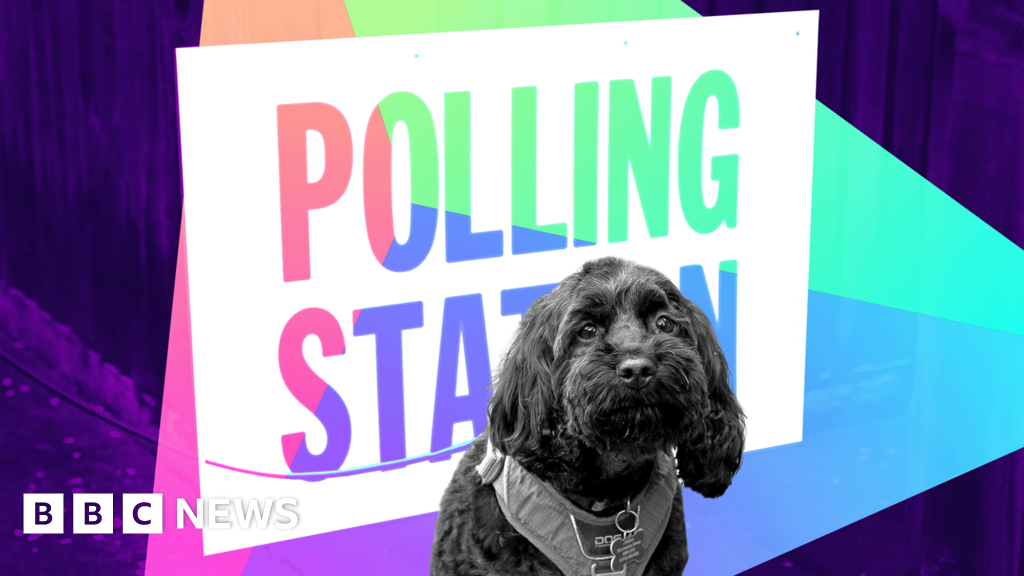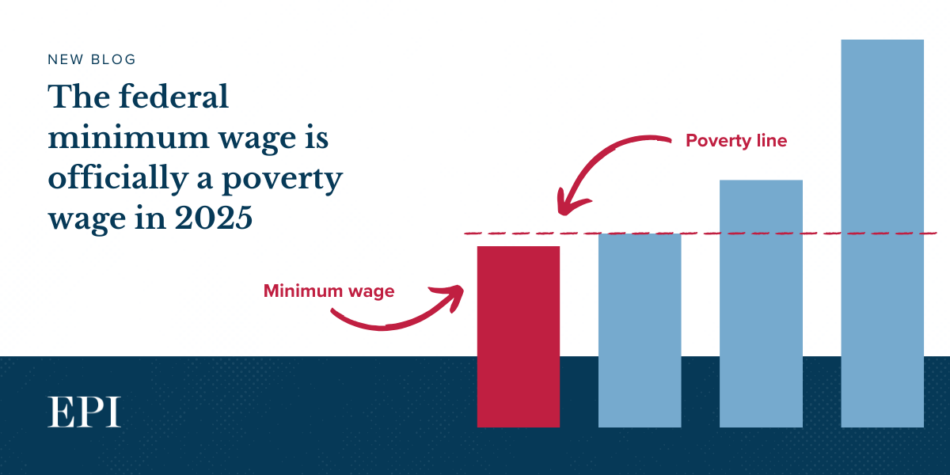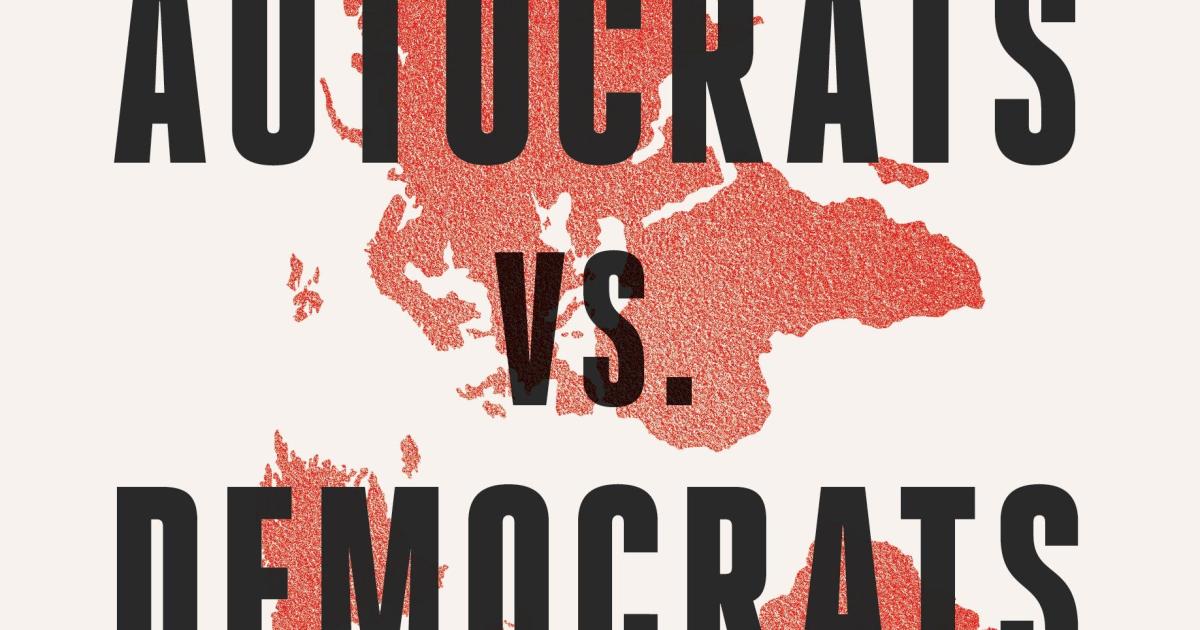Trump Suspends Tariffs, Triggering Market Rally Amid Confusion

In a surprising turn of events, President Donald Trump announced on Wednesday that he would suspend, for a period of 90 days, the import taxes he had imposed just 13 hours earlier on numerous countries. This move coincided with an escalation of his ongoing trade war with China and has left many businesses, investors, and U.S. trading partners in a state of bewilderment. The announcement has raised significant questions about the presidents true objectives regarding American trade policy.
The abrupt U-turn came in the wake of sweeping global tariffs that Trump had announced the previous week, which triggered a significant four-day slump in global financial markets. The uncertainty surrounding these tariffs had paralyzed businesses and sparked fears that both the U.S. and global economies might be on the brink of recession.
White House press secretary Karoline Leavitt attempted to frame the sudden policy shift as part of a broader negotiating strategy aimed at improving trade relations. However, many observers outside the Trump administration interpreted it as a capitulation to market pressures and growing fears that the presidents erratic approach to import taxes commonly referred to as tariffs could inflict severe collateral damage on the economy.
Other countries will welcome the 90-day stay of execution if it lasts but the whiplash from constant zig-zags creates more of the uncertainty that businesses and governments hate, commented Daniel Russel, vice president at the Asia Society Policy Institute. The Administrations blunt-force tactics have rattled allies, who see the sudden reversal as damage control following the market meltdown, rather than a pivot to respectful, balanced negotiations.
Trumps reversal capped off a tumultuous week in U.S. trade policy. On April 2, which he dubbed Liberation Day, the president unveiled plans to levy tariffs on nearly every country in the world, drastically reshaping the global trading landscape. The initial phase included a 10% baseline tax on imports from most nations, which took effect on Saturday.
Shortly thereafter, Trump escalated the situation by imposing what he termed reciprocal taxes on countries accused of unfair trade practices that exacerbate U.S. trade deficits. These are the tariffs he has now suspended for 90 days, indicating that the pause is intended to provide time for negotiations with these countries and his trade teams.
One notable exception to this temporary reprieve was China, where Trump increased tariffs on imports to an eye-watering 125%. This action was a direct response to Beijings announcement of retaliatory tariffs against U.S. goods, further complicating the trade relationships between the two economic superpowers.
The tariffs imposed by Trump have ranged widely, including earlier levies on sectors such as automotive, steel, aluminum, and goods from both Mexico and Canada. This erratic approach has already inflicted considerable damage, forcing businesses to delay or cancel expansion plans while they try to comprehend the implications of the presidents shifting policies.
For instance, automaker Stellantis announced a temporary reduction of 900 jobs at its factories in Michigan and Indiana after halting production at two plants in Canada and Mexico, following Trumps implementation of a 25% tax on imported cars. Similarly, Cleveland-Cliffs laid off 1,200 workers at its Michigan factory and an iron ore mine in Minnesota due to diminished demand from the auto sector, asserting that production would resume once auto manufacturing returned to the U.S.
Minutes released from the Federal Reserves March 18-19 meeting indicated that many policymakers believe the ongoing uncertainty surrounding tariffs has led businesses to pause hiring decisions. Delta Airlines also reported a stagnation in demand for domestic leisure trips and corporate travel, citing the uncertainty stemming from global trade as a key factor in its decision to cut capacity and withhold a full-year financial forecast.
Right now, its hard to know how this is going to play out, given that this is somewhat self-imposed, Delta CEO Ed Bastian remarked. Im hopeful that sanity will prevail, and well move through this period of time on the global trade front relatively quickly.
In the midst of this chaos, businesses have been desperate for clarity regarding Trumps ultimate tariff policies. The 90-day suspension does little to alleviate their concerns. Jeff Jaisli, CEO of the New Jersey-based importer/exporter Jagro, expressed frustration, stating that Trumps recent post on Truth Social only exacerbated the confusion as he scrambled to determine which tariffs applied to specific countries. Were scrambling to find correct information and procedures for entries were processing NOW in real time, he stated via email. Earlier, he had described Trumps tariffs as a grenade thrown into the room thats going to cause chaos.
Trump's tariffs have ignited a tit-for-tat trade war with China, the globes second-largest economy. Even prior to the increase of tariffs to 125%, China had already imposed its own tariffs on U.S. products, reaching a substantial 84%.
Warnings from the World Trade Organization (WTO) have been dire. Director-General Ngozi Okonjo-Iweala declared that escalating tensions could shrink U.S.-China merchandise trade by as much as 80%, severely impairing the global economic outlook. Of particular concern is the potential fragmentation of global trade along geopolitical lines, she cautioned in a statement, warning that such a division could reduce global real GDP by nearly 7% in the long run.
Highlighting the ripple effects on international economies, particularly developing nations, she urged countries to prioritize an open global trading system and resolve disputes through cooperative means.
Meanwhile, U.S. companies continue to grapple with the substantial tariffs imposed on Chinese products that have become crucial to their operations. Jessica Bettencourt, CEO of Klems, a third-generation store located in Spencer, Massachusetts, shared that the escalation of tariffs from China forced her to halt new orders for holiday-related products, gifts, and toys. She is also reevaluating any apparel and footwear orders for the upcoming fall season that have not yet been placed.
The worst thing is uncertainty, and we have massive uncertainty, noted Jason Goldberg, chief commerce strategy officer at Publicis Groupe, a global marketing and communications company. No one can make any moves. Everybody is trying to save as much cash and defer any unnecessary expense. People are getting laid off. Orders are getting canceled. Expansion plans are being put on hold.


























